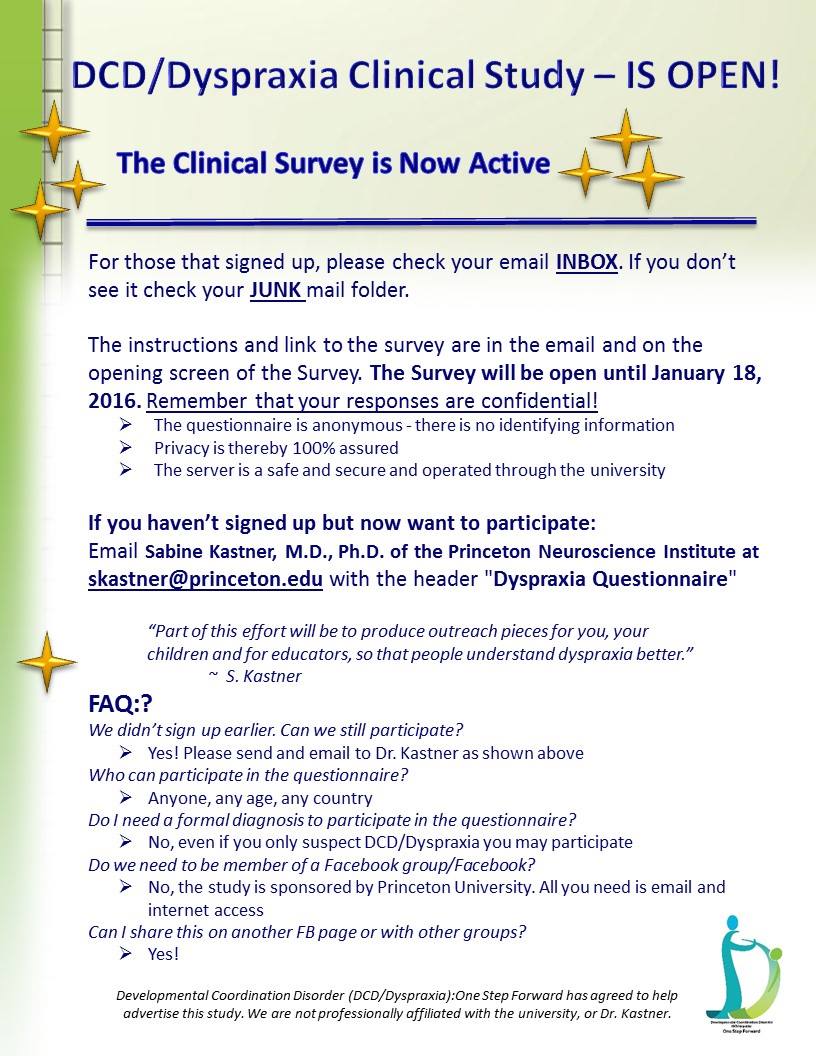The following is from Kyle Redford, Dyslexic and Educator.
To see Kyle’s story watch “The Big Picture: Rethinking Dylsexia”.
As a teacher, I have encountered many parents who feel that sharing information about their child’s learning challenges will hurt their child’s self-esteem or diminish their chances of being successful in school. The truth is, when students see their teachers and parents whispering and being discreet, it screams of shame. Additionally, if it’s a secret, it’s also scary. It is human nature to fill an information void with worst-case scenarios. Ironically, a decision made to protect a child can often breed shame and fear.
It is understandable why parents choose to whisper and hide their child’s academic challenges; they don’t want their sons or daughters’ potential to be limited by low expectations.
Many parents also fear that the information or diagnosis will land in the wrong hands or in some file that will follow the student around and ultimately hinder his chances of getting into an elite school or college somewhere down the line. The problem, however, is that fear can prevent the student from getting access to key remediation or accommodations from which he/she would benefit.
 The reality is, students don’t grow out of their dyslexia. Despite the legitimate excitement that results from a “good year” or a learning breakthrough, dyslexic students carry their unique challenges and strengths with them through the grades. Certainly their specific challenges will morph over time. For example, decoding words and spelling are a main obstacle in the early school years; in secondary school, keeping up with the volume of reading and writing is the central challenge. Over time, dyslexic students normally become more adept at dealing with their academic soft spots, but special support is critical to helping them achieve their full potential. The truth is, information about a student’s dyslexia needs to follow that student around. Instead of worrying about what is in their child’s file, parents should make sure that crucial information is shared among their child’s teachers.
The reality is, students don’t grow out of their dyslexia. Despite the legitimate excitement that results from a “good year” or a learning breakthrough, dyslexic students carry their unique challenges and strengths with them through the grades. Certainly their specific challenges will morph over time. For example, decoding words and spelling are a main obstacle in the early school years; in secondary school, keeping up with the volume of reading and writing is the central challenge. Over time, dyslexic students normally become more adept at dealing with their academic soft spots, but special support is critical to helping them achieve their full potential. The truth is, information about a student’s dyslexia needs to follow that student around. Instead of worrying about what is in their child’s file, parents should make sure that crucial information is shared among their child’s teachers.
I cringe when I think of all the instructional time I have lost with certain students while trying to second-guess what is impeding their learning in the classroom. With the right information, teachers are able to develop an academic plan to help dyslexic students minimize their weaknesses and maximize their strengths. For example, using a computer for tests and daily assignments can often be critical to a dyslexic student’s success. The computer’s “spell-check” and standard font allow ideas to be more readable and help to eliminate many mechanical obstacles that can hinder expression of ideas and understanding. Additionally, teachers can offer dyslexics extra time to read class novels and texts, as well as give them advance syllabuses so they can get a head start with required reading over the summer. Spelling mistakes stop looking like “careless errors” and Franklin Spellers and computers help bring students’ editing skills in line with the quality of their ideas.
 Educators often indulge the privacy myth without confronting it, thus reinforcing the idea that there is legitimately something to hide. If asked to defend a decision to keep academic information from teachers or students, few will. Most educators say that their discretion is a way of respecting the parents’ wishes, but they would rather be given the permission to speak openly and honestly with students and other teachers. Unfortunately, teachers usually remain silent on this point when parents ask them to keep information private. To challenge parents on a decision to be private takes a lot of courage and conviction.
Educators often indulge the privacy myth without confronting it, thus reinforcing the idea that there is legitimately something to hide. If asked to defend a decision to keep academic information from teachers or students, few will. Most educators say that their discretion is a way of respecting the parents’ wishes, but they would rather be given the permission to speak openly and honestly with students and other teachers. Unfortunately, teachers usually remain silent on this point when parents ask them to keep information private. To challenge parents on a decision to be private takes a lot of courage and conviction.
Another reason parents embrace secrecy is that they want to protect their child’s sense of his own potential. They worry that access to information about their child’s academic profile will make their child feel inferior or deflate his/her ambitions. However, with few exceptions, most students crave candid conversations about their academic strengths and weaknesses. These conversations help students understand how they learn as well as devise thoughtful strategies to overcome their challenges. An honest dialogue also helps students develop the language and vocabulary necessary to advocate for themselves in school.
Offering students specific information helps to demystify their academic anxiety. It helps them understand that just because one thing is hard for them does not mean they will struggle in all areas of school.
Case in point: until a fourth grade student of mine had her test results explained to her, she was privately terrified. Being assigned a new special reading teacher and witnessing hushed conversations between her teachers and parents had confirmed her worst private fear: she WAS stupid.
 I could sense her confusion and anxiety as she shifted from being the queen of class commentary into someone who rarely paid attention and turned off during critical instruction. I convinced her parents that she needed to have someone explain her learning evaluation to her. They were reluctant to allow me to use the word dyslexia, but I managed to convince them of the benefits of giving her school struggles a name.
I could sense her confusion and anxiety as she shifted from being the queen of class commentary into someone who rarely paid attention and turned off during critical instruction. I convinced her parents that she needed to have someone explain her learning evaluation to her. They were reluctant to allow me to use the word dyslexia, but I managed to convince them of the benefits of giving her school struggles a name.
It was amazing what our conversation did for this student’s confidence. Once she was able to have someone explain why reading and writing were hard for her, she admitted that she had been hiding her school difficulties for years. This admission, however, came only after she learned that the same tests that identified her dyslexia also indicated that she had very strong higher-order thinking skills. I was able to reassure her that, as she got older, school would become more focused on the things she was good at, such as abstract thinking, and less on the things she struggled with, like mechanics. Most importantly, our discussion gave her permission to see herself as something other than a poor student. It infused her with the confidence that allowed her to put her school challenges in perspective.
And despite her parent’s fears, this student had no trouble with the dyslexic label. She immediately started using it to describe herself, even with her classmates. I am convinced that if parents could witness the relief and hope that wash over students when they are presented with clear information about their learning profiles, they would never choose the secrecy option again.”

 The reality is, students don’t grow out of their dyslexia. Despite the legitimate excitement that results from a “good year” or a learning breakthrough, dyslexic students carry their unique challenges and strengths with them through the grades. Certainly their specific challenges will morph over time. For example, decoding words and spelling are a main obstacle in the early school years; in secondary school, keeping up with the volume of reading and writing is the central challenge. Over time, dyslexic students normally become more adept at dealing with their academic soft spots, but special support is critical to helping them achieve their full potential. The truth is, information about a student’s dyslexia needs to follow that student around. Instead of worrying about what is in their child’s file, parents should make sure that crucial information is shared among their child’s teachers.
The reality is, students don’t grow out of their dyslexia. Despite the legitimate excitement that results from a “good year” or a learning breakthrough, dyslexic students carry their unique challenges and strengths with them through the grades. Certainly their specific challenges will morph over time. For example, decoding words and spelling are a main obstacle in the early school years; in secondary school, keeping up with the volume of reading and writing is the central challenge. Over time, dyslexic students normally become more adept at dealing with their academic soft spots, but special support is critical to helping them achieve their full potential. The truth is, information about a student’s dyslexia needs to follow that student around. Instead of worrying about what is in their child’s file, parents should make sure that crucial information is shared among their child’s teachers. Educators often indulge the privacy myth without confronting it, thus reinforcing the idea that there is legitimately something to hide. If asked to defend a decision to keep academic information from teachers or students, few will. Most educators say that their discretion is a way of respecting the parents’ wishes, but they would rather be given the permission to speak openly and honestly with students and other teachers. Unfortunately, teachers usually remain silent on this point when parents ask them to keep information private. To challenge parents on a decision to be private takes a lot of courage and conviction.
Educators often indulge the privacy myth without confronting it, thus reinforcing the idea that there is legitimately something to hide. If asked to defend a decision to keep academic information from teachers or students, few will. Most educators say that their discretion is a way of respecting the parents’ wishes, but they would rather be given the permission to speak openly and honestly with students and other teachers. Unfortunately, teachers usually remain silent on this point when parents ask them to keep information private. To challenge parents on a decision to be private takes a lot of courage and conviction. I could sense her confusion and anxiety as she shifted from being the queen of class commentary into someone who rarely paid attention and turned off during critical instruction. I convinced her parents that she needed to have someone explain her learning evaluation to her. They were reluctant to allow me to use the word dyslexia, but I managed to convince them of the benefits of giving her school struggles a name.
I could sense her confusion and anxiety as she shifted from being the queen of class commentary into someone who rarely paid attention and turned off during critical instruction. I convinced her parents that she needed to have someone explain her learning evaluation to her. They were reluctant to allow me to use the word dyslexia, but I managed to convince them of the benefits of giving her school struggles a name.



